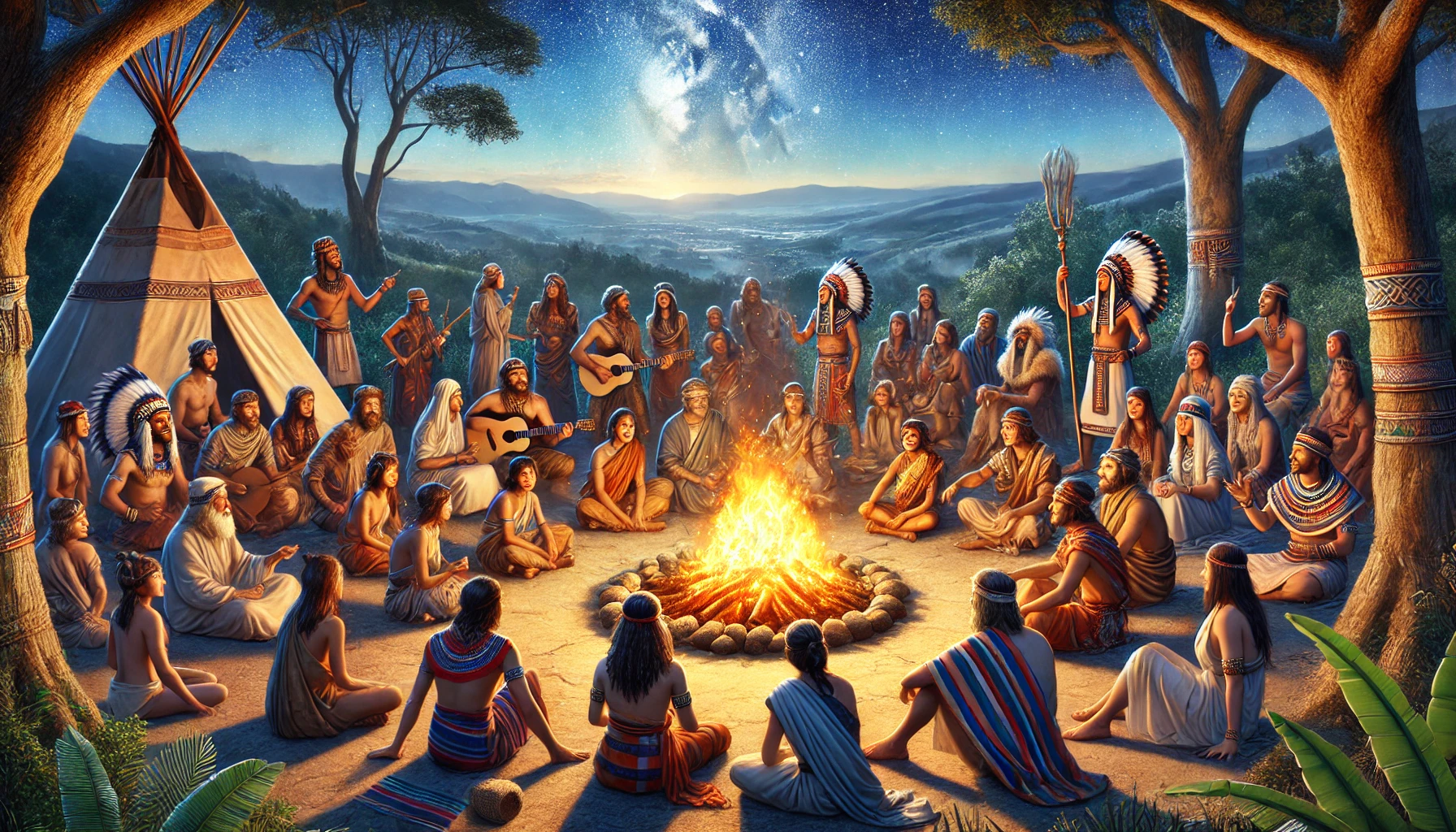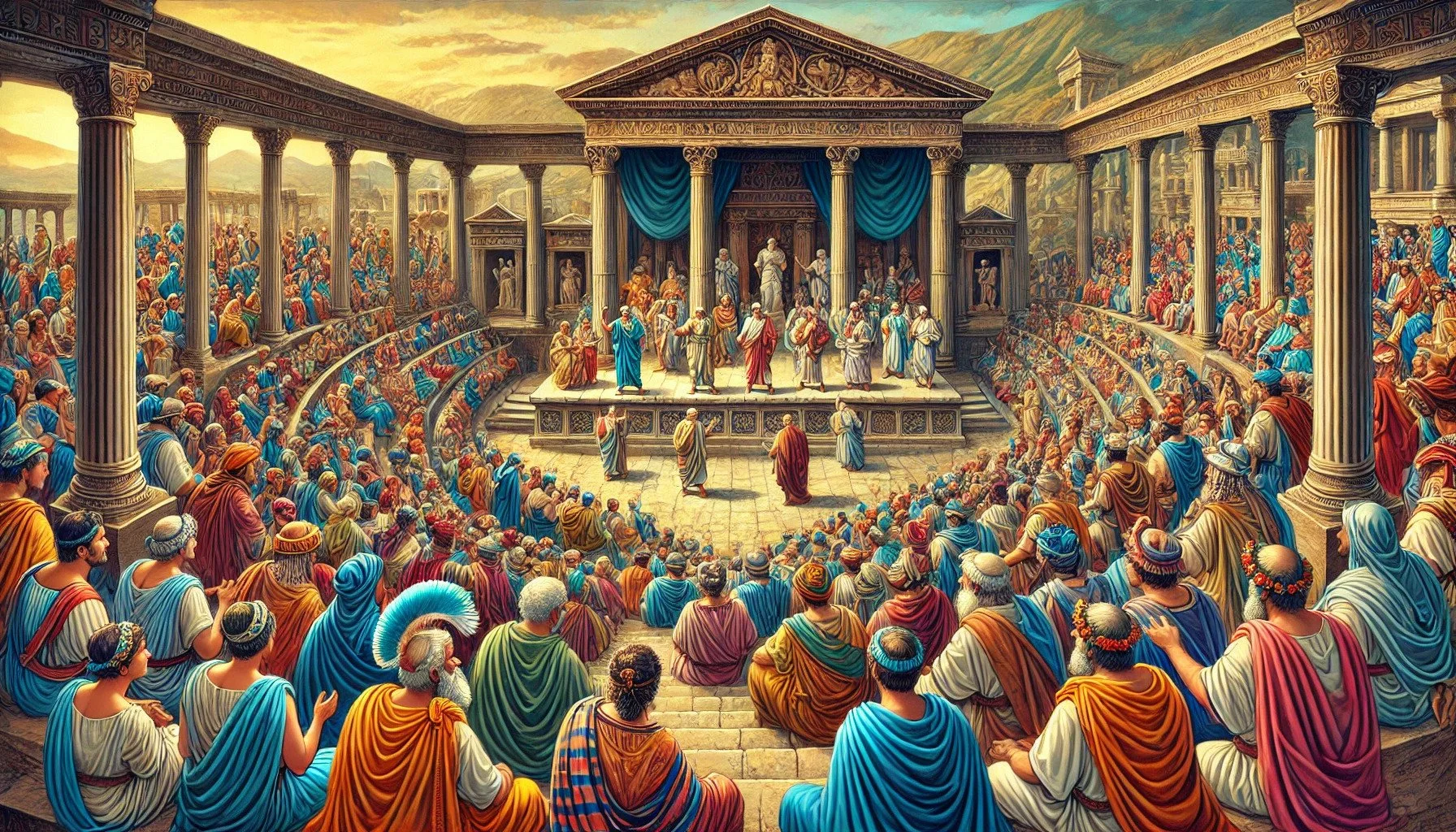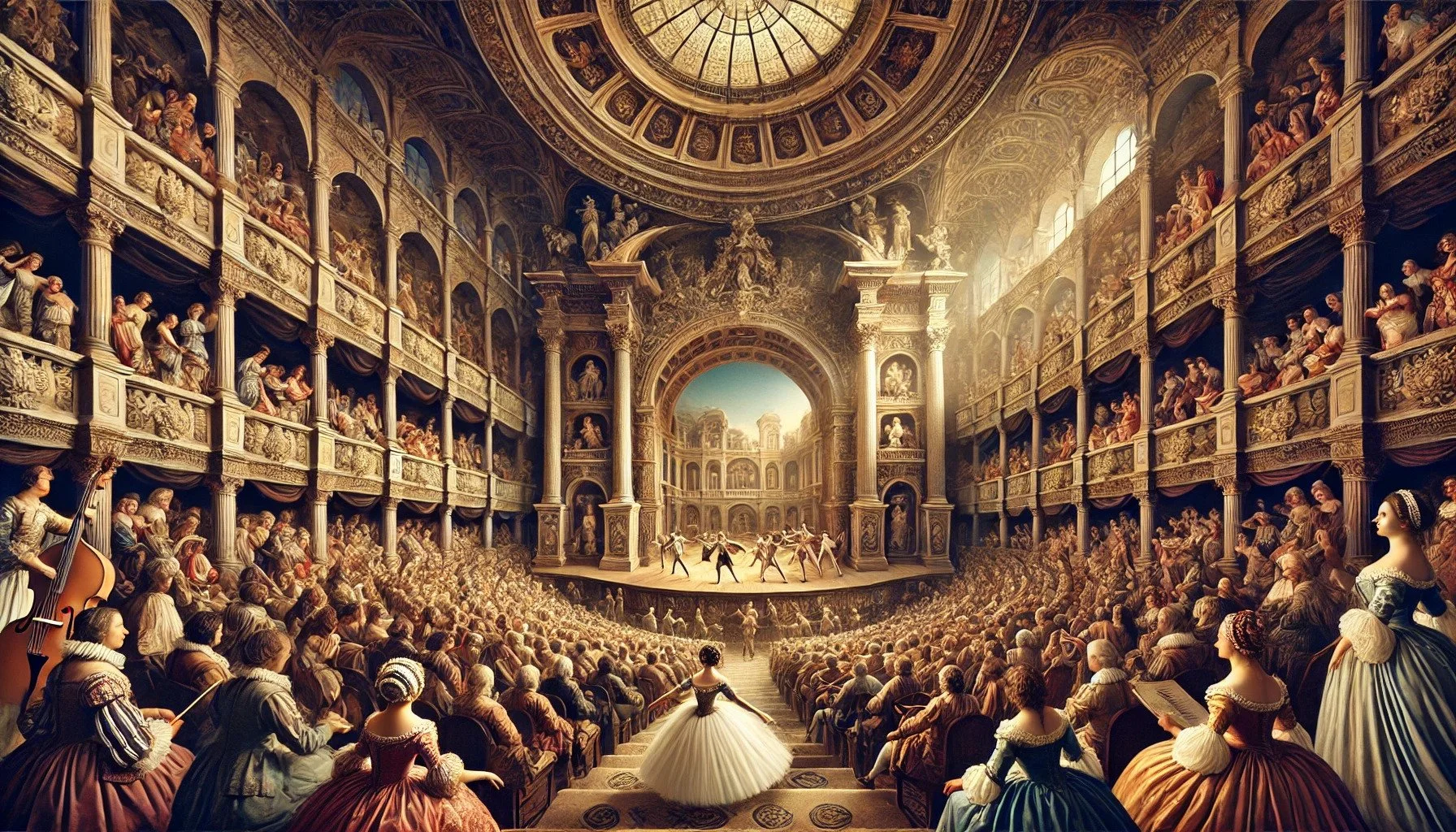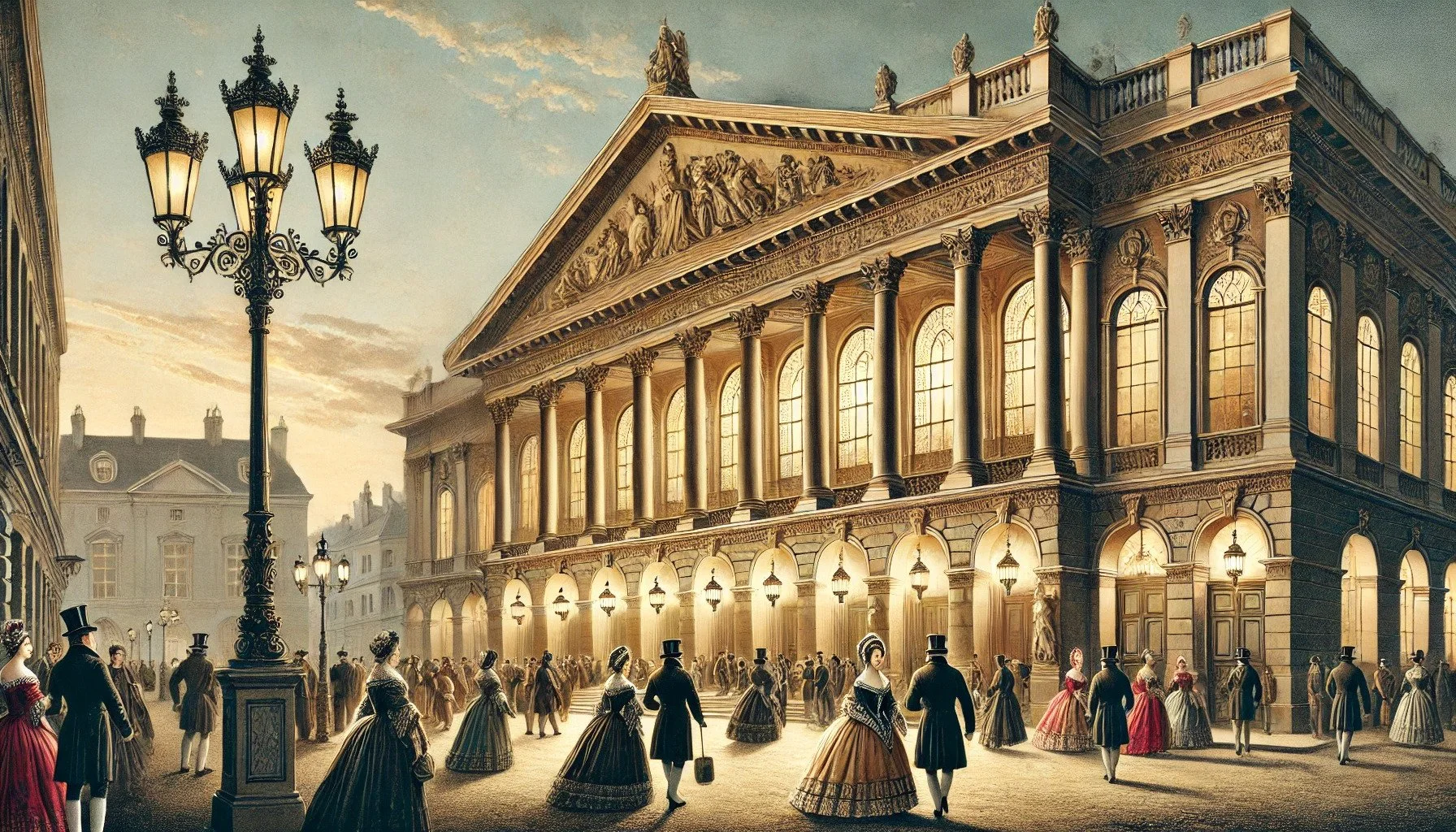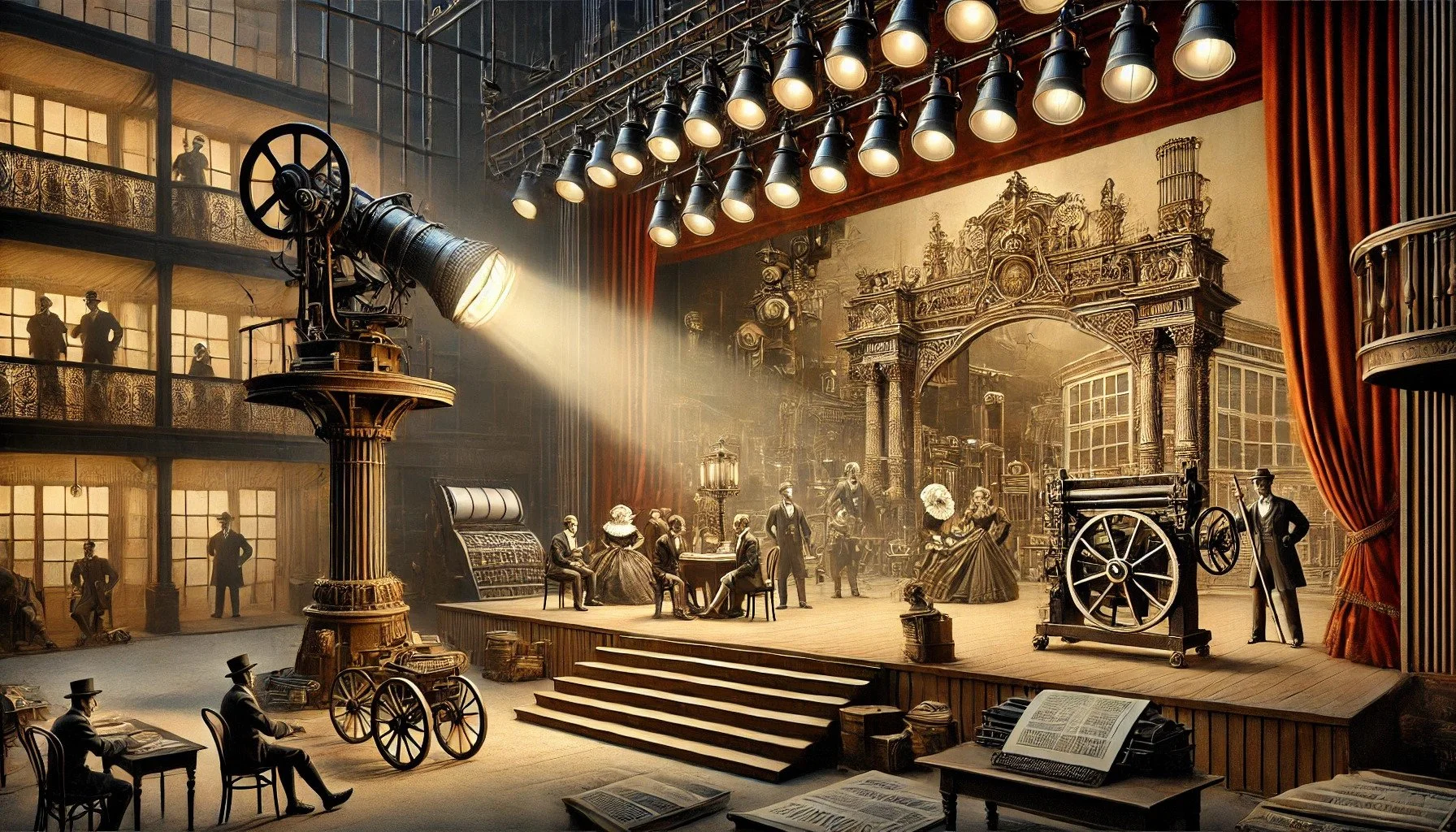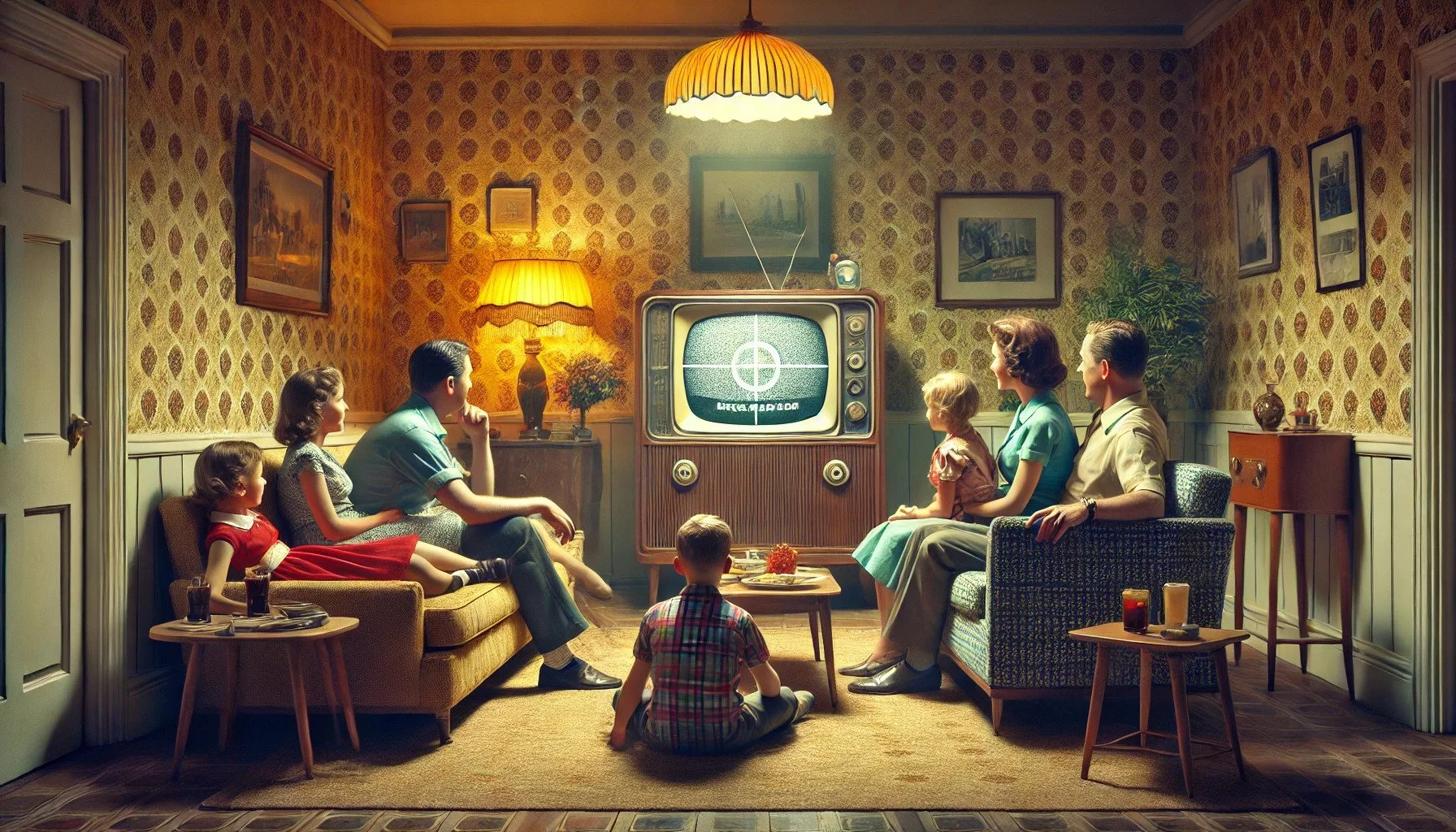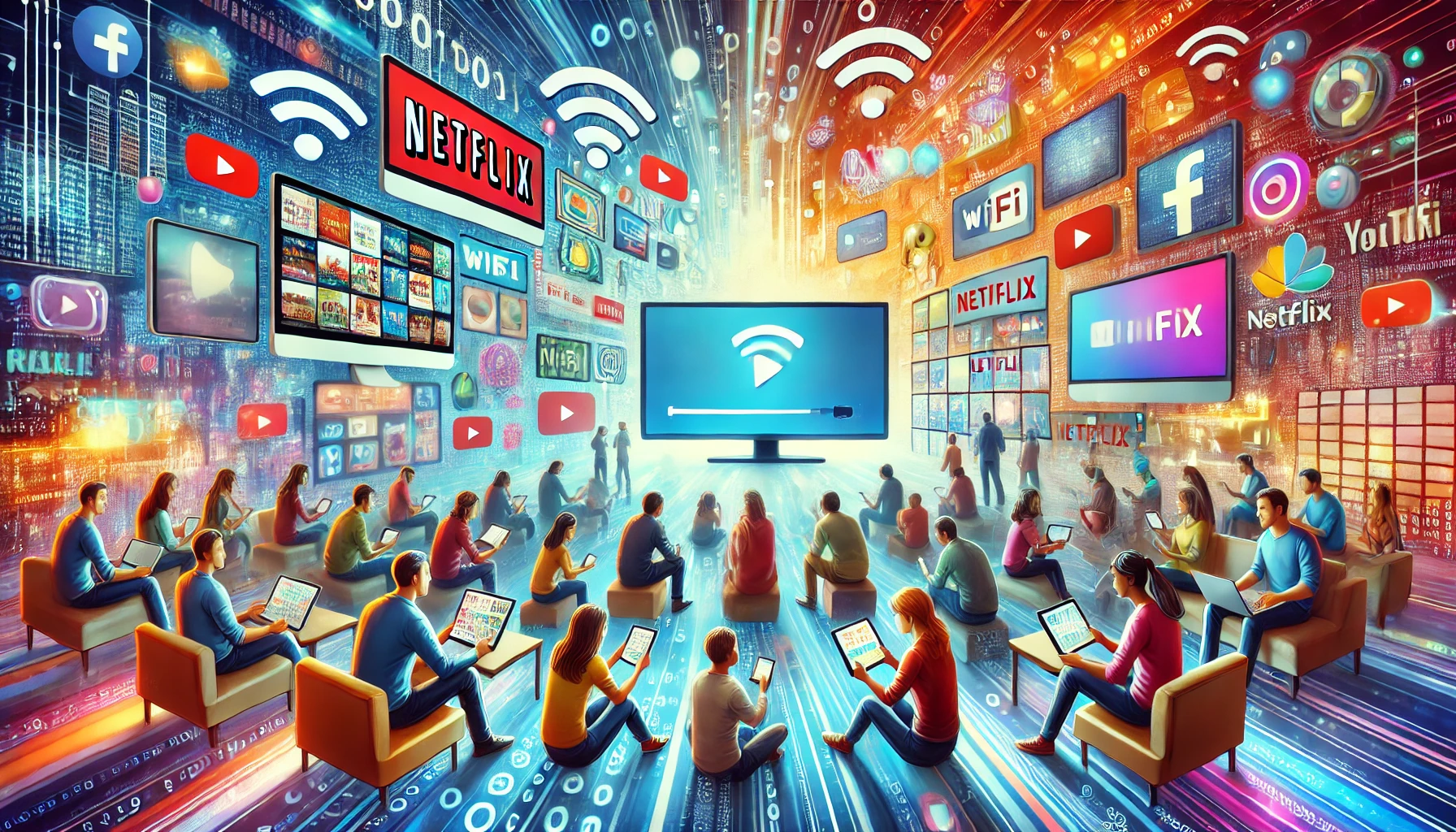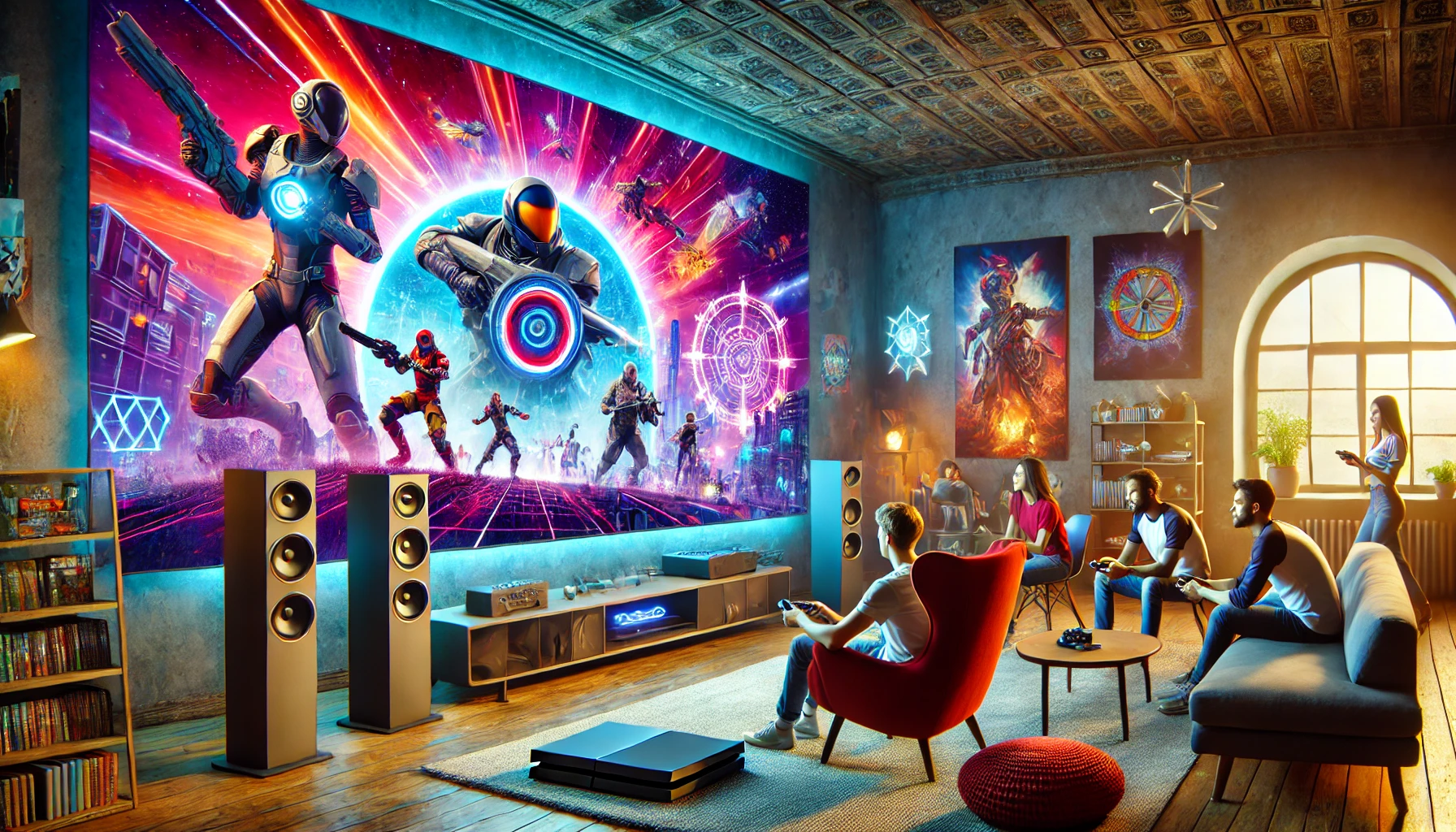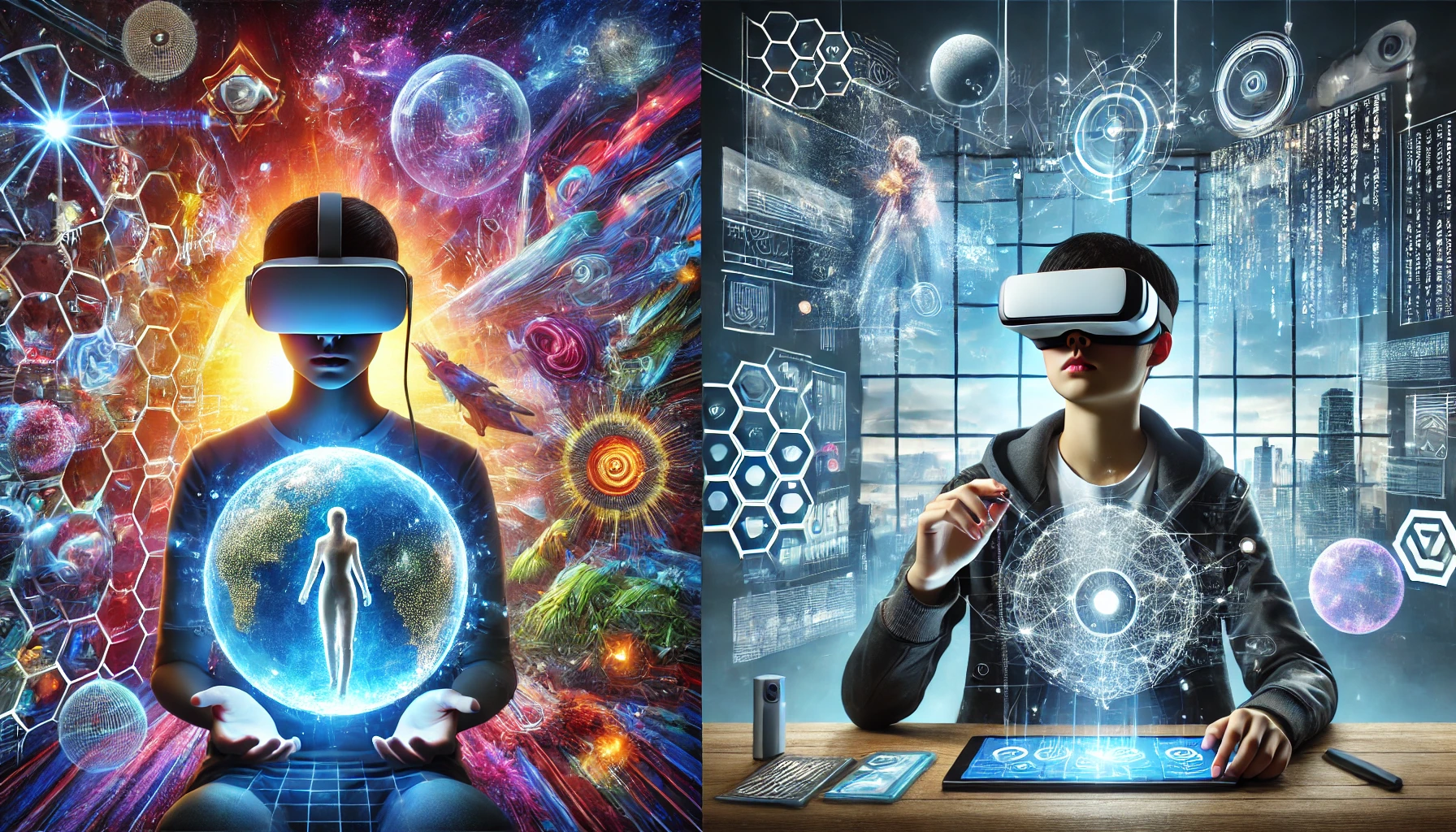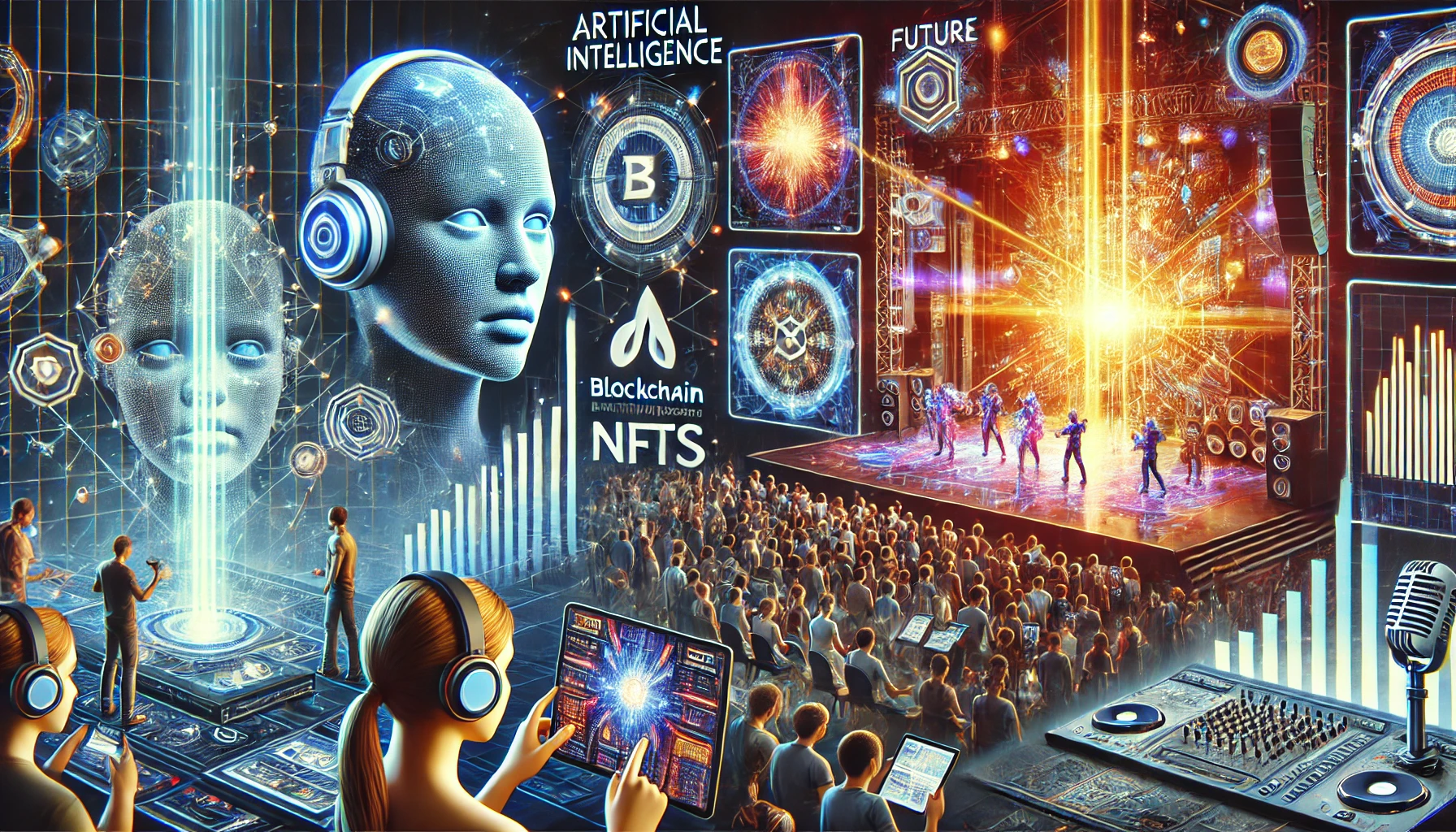Entertainment has always been the core of our society. From early gatherings by the fireplace to present-day virtual reality entertainment, how we choose to entertain ourselves defines what we're like as a people. This blog explores the intriguing history of entertainment, how it's evolved through time, and what it has in store for the future. It is vital to understand this process since entertainment significantly influences our culture and society by controlling our thinking, beliefs, and relationships.
Ancient Entertainment
When it was first introduced to entertainment in ancient times, it was simple but complex. Folks gathered to share stories, sing, and dance around the fire. These forms of entertainment from the beginning could be a method of passing the time, and a means to transmit the knowledge and customs passed down over generations.
Public Performances
When societies expanded, so did the forms of entertainment; Greek theaters, including dramas and Roman gladiatorial games played in the coliseum, were early performance venues that attracted large crowds. The religious celebrations and rituals were a significant factor in providing a mix of religion and entertainment.
Social and Cultural Role
The entertainment of the time was a double-purpose activity, an outlet of pleasure and a means of education. The audience was taught about their heroes, gods, and moral beliefs through performances and storytelling. The performances helped foster social harmony, gathering communities to discuss everyday experiences.
The Middle Ages to the Renaissance
Medieval Entertainment
The Middle Ages brought new forms of entertainment. Jesters, minstrels, and other performers entertained the public and the courts alike with poetry, music, and laughter. The performers played an essential part in keeping the spirits up and providing an escape from the rigors of daily living.
Festivals and Fairs
Events like fairs and celebrations became very popular during the period. They were intended for entertainment and crucial for trading gatherings, socializing, and commemorating religious and seasonal celebrations. They offered a stage for artists to show off their talents and groups to join.
Renaissance Shift
The Renaissance was a time that saw a revival in the arts and culture. The Renaissance brought back interest in the classical arts and led to more formal entertainment like ballets, operas, and productions. The theaters grew, and the arts were more readily available to the general public. That set the stage for contemporary entertainment.
The Birth of Modern Entertainment (18th to 19th Century)
Theater and Opera
The period between the 18th and 19th decades saw the emergence of formalized theaters and opera houses. They were cultural centers that showcased everything from great productions to comical. Everyone from every walk of life came to the shows, which made them an integral aspect of society.
Literature and Print Media
The printing press transformed entertainment. The printing press enabled newspapers, books, and pamphlets to be produced in mass quantities for the first time, opening up news and literature to a wider population. Novels were a popular type of entertainment, allowing people to experience diverse worlds while sitting in privacy at home.
Technological Innovations
Printing presses were just the start. Innovative lighting techniques and stage design allowed for a more theatrical experience and made the performances more authentic and enjoyable. The technological advances set the stage for the next major transformation in entertainment.
The Advent of Film and Recorded Music (20th Century)
Invention of Cinema
The advent of cinema changed the game. Cinemas that were silent captivated people with their captivating visuals, and the introduction of audio (talkies) brought a new dimension. The film rapidly turned into an effective medium for entertainment and was able to reach millions of viewers.
Radio and Phonographs
The advent of radio introduced news and music into people's homes, making it an integral part of our daily lives. Phonographs let people listen to recorded music, which led to the music industry. This revolution changed how people consume entertainment by making it more personal and accessible.
Television Revolution
Television is another landmark in the development of entertainment. Introducing visual media to the home offers different means of watching information, sports, and entertainment programming. Television was the primary type of entertainment for homes in shaping popular culture and influencing the general public's opinions.
The Digital Age and Internet Explosion (Late 20th to Early 21st Century)
The Internet Boom
The birth of the internet signaled the start of a digital revolution in the entertainment world. That opened up a world of possibilities for creating content and distribution. OTT and Streaming services such as Netflix and YouTube have changed how we watch media, allowing us to stream anything anytime, anytime, from any time, anywhere.
Video Games
The advent of video games has added an entirely fresh dimension to entertainment. Gaming has evolved from basic arcade games to more complex and thrilling gaming experiences. Gaming is the primary business with a vast number of players worldwide and an enormous influence on culture.
Digital Media and Mobile Technology
Smartphones and other digital platforms provide personalized entertainment. From video and streaming music to apps, social media and more Digital media has revolutionized entertainment. Anyone can become a producer or a consumer. Moving to mobile technology ensures that entertainment is available.
Breaking Regional Barriers: Global Access to Entertainment
Cultural Exploration at Your Fingertips
The advancement of technology makes it possible for anyone to learn about different cultures all over the world. As an example, people living in India is able to learn about Russian or Thai traditions with clicks, due to the internet as well as global media platforms.
Global Entertainment Access
Streaming platforms have broken down boundaries between different regions, making it possible for viewers who reside in the USA to stream Turkish dramas as well as Japanese anime with ease. The accessibility has improved viewers' experience, and introduced viewers to different perspectives and narrative styles.
Language and Accessibility
Subtitles, dubbing, as well as localized content have helped make global entertainment available to a wider public. The language is no longer a restriction; anyone can access videos from all over the globe without missing any beat.
Impact on Cultural Exchange
Global access to entertainment has encouraged the exchange of ideas and knowledge. It has shattered barriers creating global connections, and an appreciation for cultural diversity. The entertainment industry has emerged as a potent instrument for bridges between cultures.
Current Trends in Entertainment
Streaming Services
Platforms such as Netflix, Spotify, and YouTube changed the way people consume content. They have vast collections of content as well as personalized recommendations and the ease of streaming on demand. Streaming is now the most popular method of entertainment consumption, far surpassing conventional TV.
Social Media Influence
Social media platforms such as TikTok, Instagram, and YouTube have brought new types of entertainment as well as celebrities. Creators of content and celebrities have gained a reputation as influential people in shaping the trends and opinions. The advent of social media has transformed entertainment into more interactive and participative.
Virtual Reality (VR) and Augmented Reality (AR)
New technologies such as VR and AR create an immersive experience for entertainment. VR allows people to experience virtual worlds while AR augments reality through digital overlays. The new technologies will transform the way we interact with entertainment by making it more interactive and engaging.
The Future of Entertainment
AI and Machine Learning
Machine Learning and Artificial Intelligence can transform the creation of content and personalize entertainment. AI will be able to analyse user preferences and tailor experiences to suit their needs, creating entertainment that is more meaningful and entertaining.
Immersive Experiences
Entertainment's future is in the realm of immersive experiences. VR, AR and mixed reality are set to make immersive environments that allow users to engage with the entertainment using new and innovative ways. Imagine going to a concert in an immersive virtual environment or experiencing an historical event firsthand.
Blockchain and NFTs
Blockchain technology and Non-Fungible tokens (NFTs) have revolutionized the ownership of content and distribution. NFTs enable creators to control and earn money directly from their creations and provide authenticity and security. That could result in innovative business models and new income streams for the entertainment world.
Interactive and Live Entertainment
The future are likely to see more interactive live-streamed entertainment. The audience can be part of the action in real time and influence the outcomes of the event or engaging with the performers. The level of participation is sure to create deeper bonds and provide more memorable events.
Conclusion
The development of entertainment is an interesting experience marked by constant change and the development of. From old-fashioned storytelling to the advent of virtual experience, entertainment has changed in response to changing demands and demands of the society. This has influenced our way of entertaining ourselves as well as how we interact, design and perceive our surroundings.
When we think about the future, it's evident that the possibilities are unlimited. As creators and consumers, we have the power to shape how entertainment will evolve in the coming years by to ensure that it stays essential to our lives and culture. In embracing technology and experimenting with new methods of telling stories, we are able to keep enriching our lives as well as those of the next generation.
FAQs
Q1 What has changed in the world of entertainment throughout the years?
A1: The world of entertainment has grown from simple performance and storytelling into sophisticated digital platforms that offer a range of different experiences ranging that range from literature and theatre to video games, film and even immersive technology.
Q2 What is the role that technology will contribute to the development in entertainment?
2. Technology has served as an important factor in the advancement of entertainment by providing new methods of production, distribution and consumption. Innovative technologies like radio, printing presses and television as well as the internet all have contributed significantly to the evolution of the entertainment industry.
Q3 How has the web transformed the way we enjoy the entertainment we enjoy?
A3: The web has changed the way entertainment is enjoyed by making it accessible and personal. Social media, streaming services and digital platforms enable viewers to have access to a wealth of streaming content at any time and from anywhere.
Q4 What are some of the emerging fashions in the field of entertainment?
A4: The newest trends in entertainment are streaming services, the influence of social media as well as VR (VR) as well as AR, augmented reality (AR) as well as the application in conjunction with AI and blockchain technology to provide personalized and engaging experiences.
Q5 What is the future offer in the entertainment industry?
A5 Future of Entertainment promises more immersive and engaging experiences as well as interactive content. personal storytelling driven by advances in AI, VR, AR and blockchain technologies. These advancements will continue to change the way we interact with and interact with entertainment.
When societies expanded, so did the forms of entertainment; Greek theaters, including dramas and Roman gladiatorial games played in the coliseum, were early performance venues that attracted large crowds. The religious celebrations and rituals were a significant factor in providing a mix of religion and entertainment.
If you don't have access to the Prime Video, you can access its content on a trial basis for free. The trial is for 30 days, which is plenty to explore the great content on Amazon.


